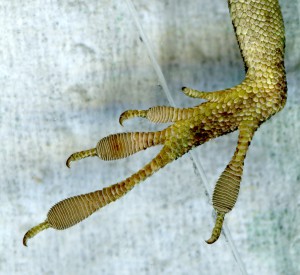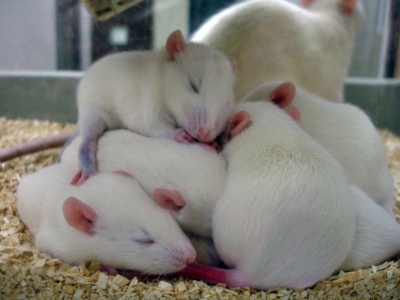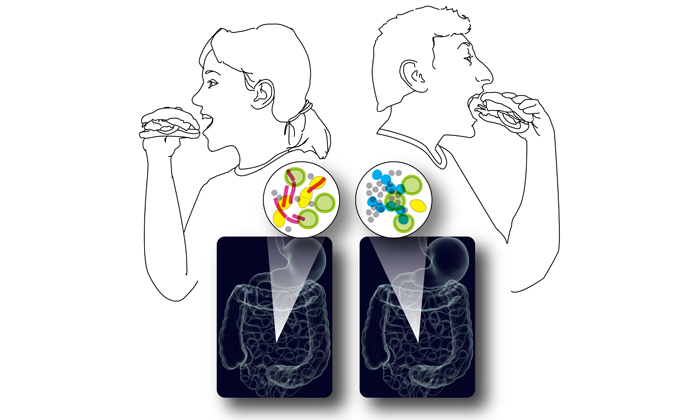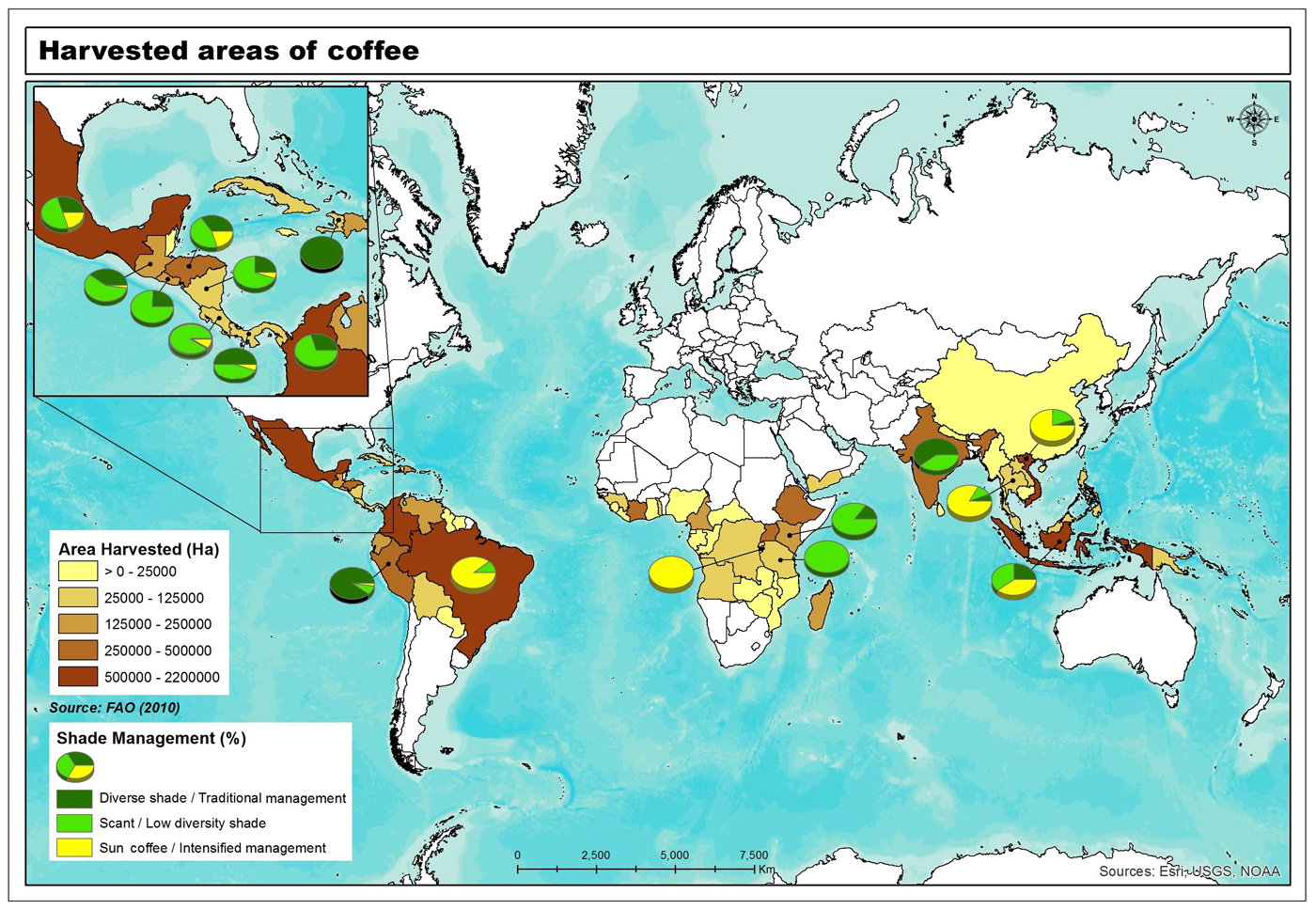Graduate Student Leads Field Trip into the Infamous Darien Gap
Kidnappings. Guerillas. Impenetrable jungle. The Darien Gap is famous for many things. This 60-mile-wide swath of rainforest straddling the Panama-Colombia border has long been the stomping ground of drug traffickers and guerillas, most notably the left-wing FARC, who until 10 years ago were still conducting high-profile kidnappings of foreign travellers seeking to tackle this notoriously dangerous part of the world. Flash forward a decade and scientists working just outside the gap discovered that, while there were still occasional reports of violence, things were now relatively peaceful in the gap.











 The microbes living in people’s guts are much less diverse than those in humans' closest relatives, the African apes, an apparently long evolutionary trend that appears to be speeding up in more modern societies, with possible implications for human health, according to a new study.
The microbes living in people’s guts are much less diverse than those in humans' closest relatives, the African apes, an apparently long evolutionary trend that appears to be speeding up in more modern societies, with possible implications for human health, according to a new study.
 Scientists working on islands in Florida have documented the rapid evolution of a native lizard species — in as little as 15 years — as a result of pressure from an invading lizard species, introduced from Cuba.
Scientists working on islands in Florida have documented the rapid evolution of a native lizard species — in as little as 15 years — as a result of pressure from an invading lizard species, introduced from Cuba.



 Scientists have known that toxic effects of substances known as endocrine disrupting chemicals (EDCs), found in both natural and human-made materials, can pass from one generation to the next, but new research shows that females with ancestral exposure to EDC may show especially adverse reactions to stress.
Scientists have known that toxic effects of substances known as endocrine disrupting chemicals (EDCs), found in both natural and human-made materials, can pass from one generation to the next, but new research shows that females with ancestral exposure to EDC may show especially adverse reactions to stress.

 The microbes living in the guts of males and females react differently to diet, even when the diets are identical, according to a study by scientists from The University of Texas at Austin and six other institutions published this week in the journal
The microbes living in the guts of males and females react differently to diet, even when the diets are identical, according to a study by scientists from The University of Texas at Austin and six other institutions published this week in the journal 













